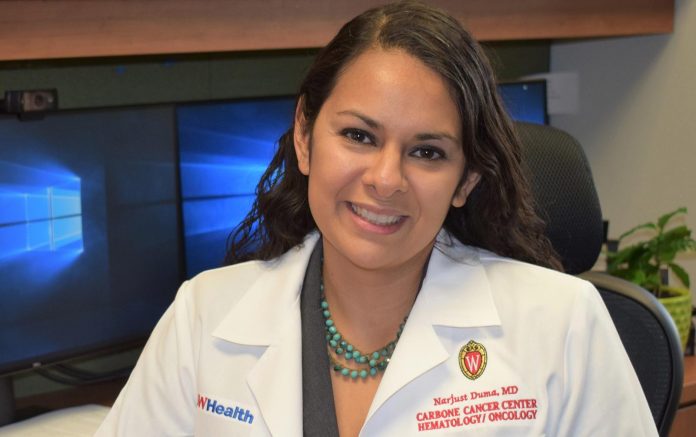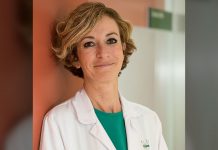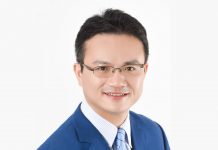Dr. Narjust Duma—USA
Dr. Narjust Duma is a member of the UW Carbone Cancer Center and Assistant Professor of Medicine in the Division of Hematology, Medical Oncology, and Palliative Care. She graduated first in her medical school class at La Universidad Catolica Nordestana in the Dominican Republic. She then completed her internal medicine residency at Rutgers University-New Jersey Medical School, where she was awarded the most scholarly resident award in 2015 and 2016. Dr. Duma completed her hematology and medical oncology fellowship at Mayo Clinic Rochester and was selected by her peers as one of the 2018-2019 chief hematology and medical oncology fellows.
From patients who are worried about being passed over for life-saving treatment to physicians who are missing the valuable coping measures that tangible interactions provide, Dr. Duma describes the weight the pandemic has placed on her and those for whom she cares.
As the coronavirus outbreak has gripped the country and world, health care providers such as myself have struggled to adapt to radically different landscape. There are more demands on our time, energy and resources than ever before. Additionally, the need to provide compassion, warmth and reassurance to our patients has been complicated by the competing need to social distance ourselves.
On a personal level, these various challenges have come into harsh focus recently. As an oncologist specializing in lung cancer, I treat patients who are not only facing a deadly disease but also must contend with rampant stigma. This unfair assessment by society—which basically amounts to the mentality that somehow lung cancer patients “deserve” their illness—takes a real and tangible toll on these patients. In the past few days alone, I have spoken with several patients who expressed real worry that, due to their lung cancer diagnosis, their lives would be seen as less important. I did my utmost to reassure them that that was untrue. Their lives do matter. They are important. And they will continue to receive the care they both need and deserve. But it was still incredibly difficult to hear.
The need to navigate additional considerations when trying to provide timely and high-quality treatment has become more than evident. One evening in my office, I found myself lying down on the floor, reviewing every case that I have already discussed several times and talking myself down that the decision was the correct about postponing treatment, CT scans and having follow-ups by telemedicine.
And on that subject, phone visits, video calls and telemedicine with new patients has been particularly hard for me. The inability to provide human touch to one who is facing a fatal diagnosis like lung cancer has been devastating for patients and for the entirety of the care team. Hugging is something that has always helped me cope, and I can say that I am certainly missing that now. Also, having to trust a doctor that you only met or seen via a screen or by phone is no easy task. You are trusting a doctor whom you have not met in person with your life. The weight of this is overwhelming, and the sense of isolation grows for patients.
In just a few short weeks, the coronavirus has altered almost every aspect of society, adding immense stress to the population and new personal and vocational hurdles that must be overcome. But for all of the recent difficulties, I remain grateful to be an oncologist and committed to providing excellent and essential care to the lung cancer community.











